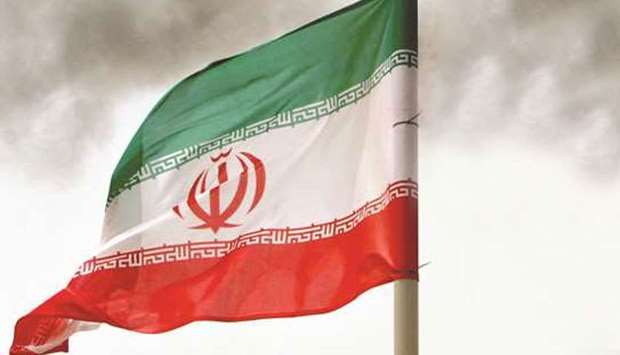Indirect US-Iranian talks on salvaging the 2015 Iran nuclear deal teetered on the brink of crisis yesterday as they broke off until next week with European officials expressing dismay at the demands of Iran’s new administration.
The seventh round of talks in Vienna is the first with delegates sent by Iran’s President Ebrahim Raisi. His election in June caused a hiatus in the talks of five months, heightening suspicions among US and European officials that Iran is playing for time while its makes nuclear advances.
The Iranian delegation under nuclear negotiator Ali Bagheri Kani has proposed sweeping changes to the text of an agreement negotiated in previous rounds, diplomats said.
European officials have balked at the proposed changes to a painstakingly drafted text that they say is 70-80% finished.
“Over five months ago, Iran interrupted negotiations. Since then, Iran has fast-forwarded its nuclear programme. This week, it has back-tracked on diplomatic progress made,” senior officials from France, Britain and Germany said in a statement, adding that Iran was demanding “major changes” to the text.
It is “unclear how these new gaps can be closed in a realistic time frame”, they added.
The three European powers expressed “disappointment and concern” at Iran’s demands, some of which they said were incompatible with the deal’s terms or went beyond them.
The 2015 agreement imposed strict limits on Iran’s uranium enrichment activities, extending the time it would need to produce enough fissile material for a nuclear bomb, if it chose to, to at least a year from around two to three months.
Most experts say that period is now shorter than before the deal.
Iran denies seeking nuclear weapons, saying it only wants to master nuclear technology for peaceful purposes.
In exchange for the nuclear restrictions, the deal lifted a panoply of international sanctions against the Islamic Republic.
After more than two years of Iranian adherence to the core curbs, however, then-president Donald Trump pulled the US out of the deal in 2018, calling it too soft on Tehran, and reimposed painful economic sanctions on Tehran.
Tehran retaliated as of 2019 by breaching many of the deal’s limitations on enrichment and other restrictions, and advancing well beyond them.
With the deal’s nuclear benefits now badly eroded, some Western officials say there is little time left before the foundation of the deal is damaged beyond repair.

(Representative photo)
